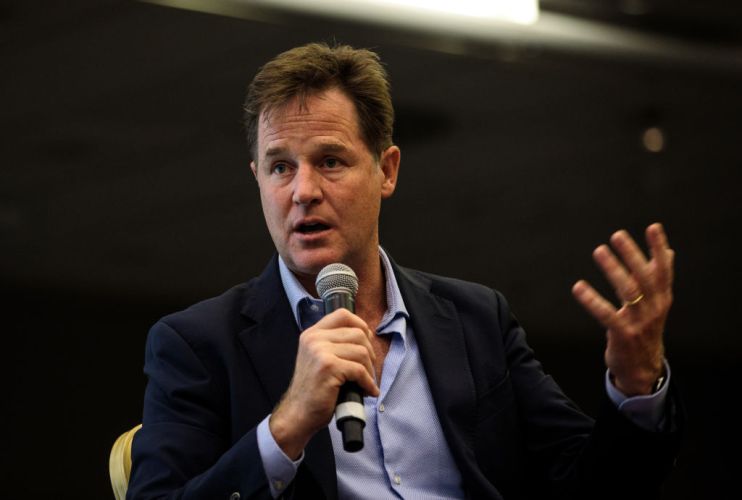‘No evidence’ of Russian interference in Brexit vote, says Facebook exec Nick Clegg

Facebook’s vice-president Sir Nick Clegg has insisted there was “absolutely no evidence” Russia used the social media platform to influence the Brexit referendum.
The former deputy prime minister said his firm had carried out analyses on its data and found no “significant attempt” by outside forces to influence the vote, arguing British politics had been far more influenced by traditional media than new social media formats.
Read more: Internet regulation poses ‘serious threat’ to free speech and innovation
“I’m afraid the roots to British Euroscepticism go very, very deep,” he told the BBC’s Today programme.
The Facebook boss also called for greater regulation of tech firms, but insisted it is not something companies should have to do on their own.
Clegg said there was a “pressing need” for new “rules of the road” to tackle issues such as privacy, election rules, personal data and harmful material.
But he argued that it should not be left to private companies to make important ethical decisions about how the internet serves society.
“This is not something that big tech companies can or should do on their own,” he said.
“I want to see companies like Facebook play an increasingly mature role, not shunning regulation but actually advocating it in a sensible way.”
It comes amid growing calls for a clampdown on internet firms, with MPs arguing the companies should be held responsible for the material posted to their websites.
At a speech in Berlin this afternoon Clegg will outline proposals for a new oversight board to help Facebook better police its platform.
The board, which Clegg described as “analogous to a court”, would allow both Facebook and its users to refer material to an independent body, which would rule on whether or not it should be removed.
But the politician-turned-spin doctor warned against too heavy a clampdown on tech firms, saying society was in danger of moving from a state of “tech utopia” to one of “techpobia”.
Read more: Social media firms team up with advertisers to fight online harms
He said any regulation should not prevent the firms from innovating. “There’s a risk that we throw the baby out with the bathwater,” he said.
“Technology is not good or bad. Technology down the ages is used by good and bad people for good and bad ends,” he added.